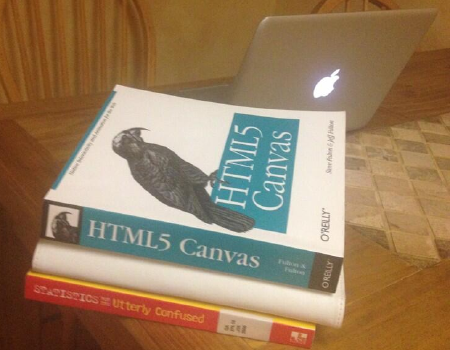Reading Week and being in the top 40 over 40
Last month, I was super-stoked to be listed in Forbes as one of the 40 women to watch over 40. As I’ve written on here several times, I call bullshit on the belief that start-ups must all be run by Mark Zuckerberg clones. The idea that everyone over 30 has outdated skills is based on the ludicrous assumption that all people quit learning when they finish formal education. Sadly, that is true for too many people but there are plenty of people who are just the opposite.
Make deliberate attempts to keep on learning: #48 of the things I have learned in (almost) 55 years
When I first finished my PhD at age 31, I looked around saw people who were every bit as capable as me who had fallen into a trap – they climbed the ladder in administration, taught the same classes to 200 undergraduates four times a year or wrote the same type of programs over and over – and at 50 they were ten years behind the field because they were “too busy” to keep up. I swore that was not going to be me in twenty years. (Some of those same people were very helpful and encouraging to me, I might add, cautioning me against taking on too many committee responsibilities, for example.)
Over the years I have made it a point to
- teach at least one graduate course per year, because you have to really learn something well to explain it,
- speak at least three times a year at a conference, (same reason as #1)
- attend a DIFFERENT conference I have never attended at least every two years – that way I am not hearing the same people repeat the same ideas, nor giving the same talk myself
- take a “reverse sabbatical” every ten years and work at a university.
Two years ago, I attended to Gov2.0 conference in LA – see my point #3 – and met some interesting people, who I promptly followed on twitter because that’s what one does these days. One of those people, Martha McLean who works for the Canadian government, tweeted about “Reading Week”, something Canadian universities did where students had no classes but were just supposed to read.
While I’ve never been able to get a whole week away, I now set aside two or three days, twice a year, and just read books that I think will be helpful to what I’m working on. I don’t write any code during that time, don’t schedule any meetings and I usually try to leave town to avoid the temptation to do anything else. The next couple of days, I’m reading a book on Canvas, re-reading parts of Javascript: The Definitive Guide, which I brought on my iPad and reading Statistics for the Utterly Confused. Our third game is on statistics, and I am also teaching a masters level statistics class this fall. I thought the third book might have useful ideas for both of those.
As for the other two books, yes, I can read on the plane, I can read in my office at home, but I have found a major benefit to being able to read for hours at a time uninterrupted. Things just seem to connect and sink in more, I have more time to reflect on what I’m learning.
Being a “life-long learning”, continuous self-improvement, staying current – whatever buzz phrase you want to apply – takes a serious, conscientious effort. You don’t have time NOT to do it. You’ll gradually end up being less and less efficient because you haven’t learned the new tools and techniques that can help you do your job.
You’ll re-invent the wheel because you didn’t find the time to read a wheel catalog.
And
#49 of the things I have learned in (almost) 55 years — Reading week is a damn good idea.
